Access to the official webpage and social networks
Role: Defines the general political direction and priorities of the European Union
Members: Heads of state or government of EU countries, European Council President, European Commission President
President: Charles Michel
Established in: 1974 (informal forum), 1992 (formal status), 2009 (official EU institution)
Location: Brussels (Belgium)
The European Council brings together EU leaders to set the EU’s political agenda. It represents the highest level of political cooperation between EU countries.
One of the EU’s 7 official institutions, the European Council takes the form of (usually quarterly) summit meetings between EU leaders, chaired by a permanent president.
What does the European Council do?
- decides on the EU’s overall direction and political priorities – but does not pass laws
- deals with complex or sensitive issues that cannot be resolved at lower levels of intergovernmental cooperation
- sets the EU’s common foreign & security policy, taking into account EU strategic interests and defence implications
- nominates and appoints candidates to certain high profile EU level roles, such as the ECB and the Commission
On each issue, the European Council can:
- ask the European Commission to make a proposal to address it
- pass it on to the Council of the EU to deal with
Composition
The European Council is made up of the heads of state or government of all EU countries, the European Council President, and the European Commission President.
It is convened and chaired by its President, who is elected by the European Council itself for a once-renewable two-and-a-half-year term. Among other things, the President represents the EU to the outside world.
How does the European Council work?
It usually meets 4 times a year – but the President can convene additional meetings to address urgent issues.
It generally decides issues by consensus – but by unanimity or qualified majority in some cases. Only the heads of state/government can vote.

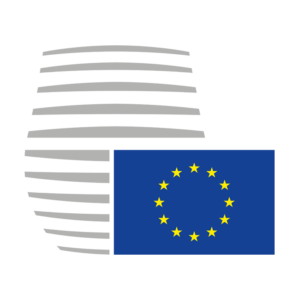



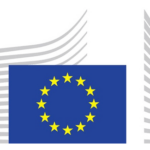

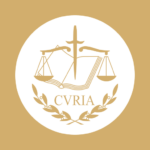
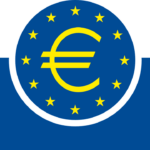
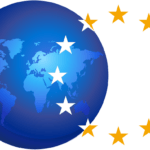
Leave a Reply